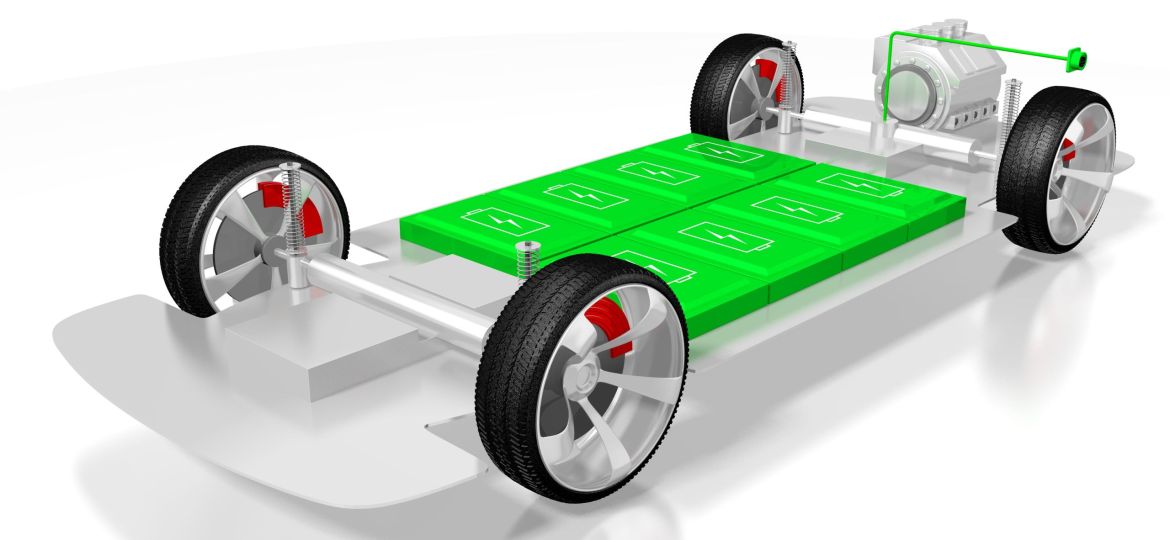NASCAR is considering an electric racing series. A prototype electric SUV race vehicle was revealed in July, but the powertrain and body design weren’t the prototype’s only unique features.
The NASCAR EV Model also included bodywork from the Swiss company Bcomp, which features flax—a sustainable alternative to the carbon fiber used in motorsports today—with a carbon footprint that is 85% smaller while maintaining a similar level of stiffness.
NASCAR electric race car prototype (photo via Bcomp).
That stiffness is thanks in part to an internal structure inspired by the vein structure of leaves, Bcomp said in a blog post. The flax fibers used in this material—which take the form of a fabric that can be split and molded into shapes similar to carbon fiber or fiberglass—are grown in Europe without competing with food plants, according to the company’s website.
In April 2023, NASCAR committed to its first sustainability carbon emissions goal and “the beginning of a new era in sustainability for America’s top motorsport.” That included a goal to cut its carbon footprint to zero across its core operations by 2035.
NASCAR electric race car prototype (photo via Bcomp).
Flax-based bodywork could make a small contribution towards that goal, though with less of a shock compared to switching from the current race cars—which feature loud, thirsty V-8 engines—to something like the electric SUV prototype. The model has all-wheel drive and three six-phase electric motors—one up front, two in the back—potentially producing more than 1,300 hp. A 78-kWh battery pack, along with regenerative braking, make the SUV “suitable for road courses and short oval tracks,” NASCAR previously said.
The SUV body style of the prototype is almost as big a change as its electric motors, but is more in line with automakers’ current lineups. NASCAR has not provided a timeline for when it might introduce electric race cars, but if it did, it’s easy to imagine the model being reskinned as a Ford Mustang Mach-E, Chevrolet Blazer EV, or Toyota bZ4X—consistent with NASCAR’s current approach of featuring cars branded as ones fans can purchase.


